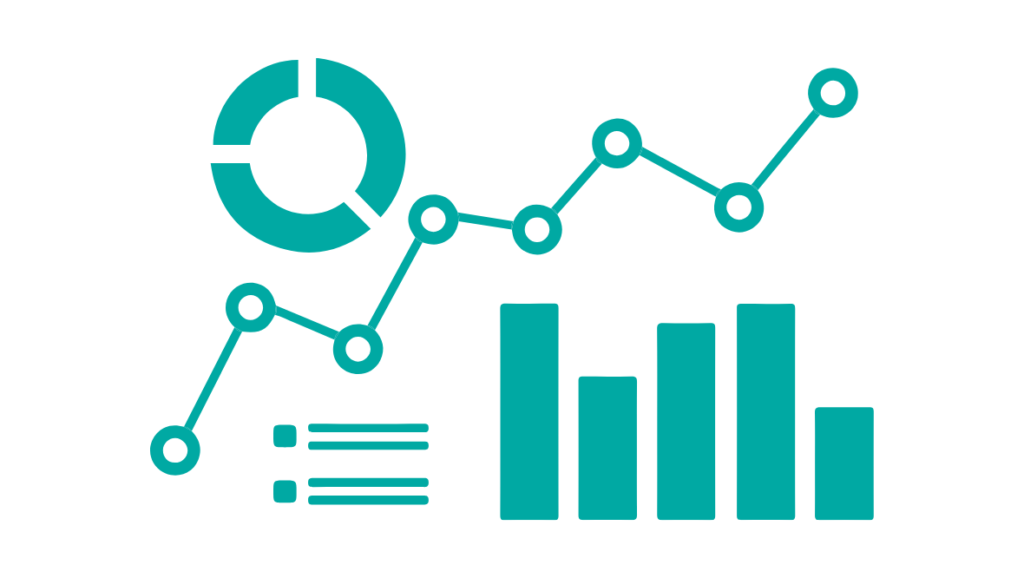Behind the Numbers: The Purpose of Sustainability Reporting

Explore the vital role of sustainability reporting and the purpose it serves for businesses.
Sustainability reporting is the most effective tool businesses have for communicating their environmental, social, and governance (ESG) performance. It is comprehensive, standardised and makes an excellent one-stop-shop resource for all relevant sustainability information. In this article we elaborate on the purpose of sustainability reporting and the benefits to business it brings in lieu.

Defining Sustainability Reporting
GRI, the most used sustainability reporting standards worldwide define sustainability reporting as ‘an organization’s practice of reporting publicly on its economic, environmental, and/or social impacts, and hence its contributions – positive or negative – towards the goal of sustainable development.’
In line with that definition it must also be understood that sustainability reporting is not a one-size-fits-all approach. Companies can adopt various levels of reporting, ranging from basic disclosure of ESG data to comprehensive sustainability reports that delve into their sustainability strategies, initiatives, and outcomes.
Regardless of the chosen reporting level, At its core, sustainability reporting is about transparency and accountability. By openly sharing their ESG data and metrics, companies allow stakeholders to assess their commitment to sustainable practices and make informed decisions about their investments, partnerships, and consumption choices.

Creating Value Through Transparency
Today, transparency is an invaluable asset. Businesses that embrace transparency, particularly in sustainability reporting, can reap a multitude of benefits, not only for their reputation but also for their bottom line.
Sustainability reporting helps foster trust and credibility among stakeholders, including investors, employees, customers, and communities. By openly sharing their ESG performance, companies demonstrate their commitment to responsible practices and ethical conduct. This transparency builds confidence in the company’s values and intentions, leading to stronger relationships and increased support.
Transparency also enhances a company’s reputation, positioning it as a leader in sustainability and a responsible corporate citizen. This positive image can attract investors who value ESG-conscious companies, leading to better access to capital and lower borrowing costs. Additionally, a strong reputation can attract and retain top talent, as employees increasingly seek to work for companies that align with their values.
Moreover, transparency helps drive continuous improvement in a company’s ESG performance. By tracking and disclosing their ESG data, companies can identify areas for improvement and set ambitious sustainability goals. This data-driven approach leads to more effective sustainability strategies and a measurable impact on the company’s environmental, social, and governance practices.
Undertakings themselves stand to benefit from carrying out high-quality reporting on sustainability matters. The growth in the number of investment products that aim to pursue sustainability objectives means that good sustainability reporting can enhance an undertaking’s access to financial capital. Sustainability reporting can help undertakings to identify and manage their own risks and opportunities related to sustainability matters. It can provide a basis for better dialogue and communication between undertakings and their stakeholders, and can help undertakings to improve their reputation.
Corporate Sustainability Reporting Directive, European Union

Driving Action through Data-Driven Insights
Sustainability reporting goes beyond mere data collection and presentation; it’s about transforming data into actionable insights that drive positive change. By effectively analyzing and interpreting their ESG data, companies can gain valuable insights into their environmental footprint, social impact, and governance practices.
These insights empower companies to identify areas of strength and opportunities for improvement. They can assess their progress towards sustainability goals, pinpoint inefficiencies, and make informed decisions to enhance their ESG performance.
Data-driven insights also enable companies to set realistic and ambitious sustainability targets. By understanding their current performance and identifying areas for improvement, companies can establish achievable goals that align with their long-term sustainability strategy.
Furthermore, data-driven insights play a crucial role in communicating sustainability progress to stakeholders. By presenting clear and concise data visualizations, companies can effectively:
- Share sustainability and impact data
- Showcase their commitment to transparency
- Demonstrate the impact of their efforts

Adopting Sustainability Reporting for a Sustainable Future
Sustainability reporting is a strategic imperative for businesses that aspire to thrive in the increasingly sustainability-conscious world. By embracing sustainability reporting, companies can not only demonstrate their commitment to ethical practices and environmental responsibility but also position themselves as leaders in the transition to a more sustainable future.
In the context of climate change, sustainability reporting plays a crucial role in helping businesses mitigate the environmental impact and contribute to the global sustainable development goals. By tracking and disclosing their greenhouse gas emissions, energy consumption, waste, and other climate-related metrics, companies can identify areas for improvement and set ambitious targets to reduce their carbon footprint. This commitment to climate action not only benefits the environment but also strengthens a company’s reputation as a responsible corporate citizen.
By incorporating a standardised sustainability reporting practice and embedding it into their core business strategy, companies can reap a multitude of benefits alongside contributing to a more sustainable future.

Case Study
Borregaard, a Norwegian specialty chemical company, is a good example of a company that prioritizes sustainability reporting and integrates it into its core business strategy. The company has been recognized for its commitment to sustainability, earning an “A” rating in Position Green’s 2022 ESG 100 report.
Their easily accessible Sustainability Report serves as a good study in what a well drafted sustainability report looks like. It provides a large amount of relevant data but in an easily digestible and comprehendible package.
Additionally, Borregaard’s sustainability reporting goes one step beyond disclosure; it also demonstrates the company’s dedication to continuous improvement and innovation. The company regularly sets ambitious sustainability goals and tracks its progress towards achieving them.


